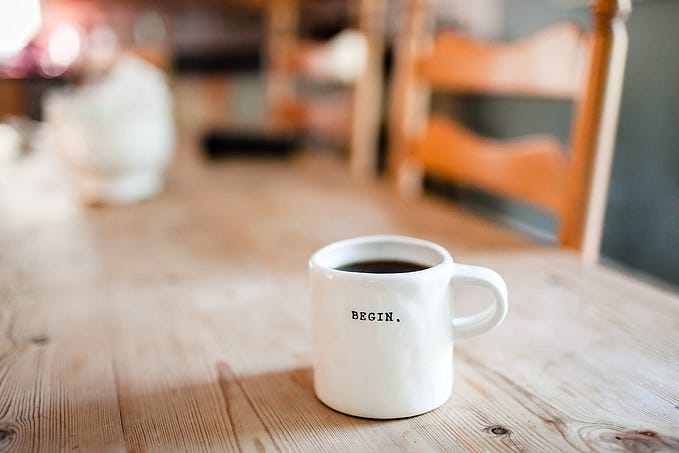Should You Swap Plastic Straws For Paper Straws To Reduce Your Environmental Impact?
390 million plastic straws are used in the USA every single day.
That’s a staggering amount. And once they’re finished with those plastic straws are destined for landfill, where they’ll remain for centuries without breaking down. Or they end up as litter in our open spaces or in the oceans, where they can easily become harmful to marine life — by now I’m sure we’ve all seen the heartbreaking photos of a turtle having to have a plastic straw removed from its nostril.
Since plastic pollution was catapulted into the collective public conscious by Sir David Attenborough, there have been countless petitions made to end the plastic straw. And it’s starting to have an effect. Wagamamas, The Alchemist, and Starbucks are all amongst the chains which have pledged to no longer offer plastic straws to their customers.
Some of those chains are going completely straw-less, but several of them are opting for a paper straw alternative instead of plastic straws. Paper straws might seem a more environmentally friendly option, but are they actually?
Paper straws: the pros
Whereas plastic is sturdy, paper is much more flexible. This means that if a paper straw did make its way to the ocean, it’s much less likely to be harmful to marine animals. It’s also much more likely to biodegrade, or at least disintegrate, over time — whereas plastic straws are with us for ever.
Paper straws: the cons
Sadly though, beyond that, paper straws really aren’t much more environmentally friendly than plastic straws. In fact, it’s possible that they’re actually worse for the environment.
We might think of paper as a material which is easily recyclable, but unfortunately that isn’t always true. Once used, paper straws will be soggy and contaminated by whatever you’ve drunk through them. That means that most councils in the UK do not have the infrastructure to recycle them. McDonalds came upon this problem when they made the switch from plastic to paper straws, and had to admit that the 1.8 million straws used in their ‘restaurants’ every day across the UK could not be recycled and so were being sent straight to landfill.
Of course, it isn’t only about where the straw goes at the end of its life. Paper is also pretty resource intensive to produce. It’s made from trees, which can make it seem like a good choice environmentally — trees are a renewable source. However, they’re also an incredibly valuable source of carbon capture, so we shouldn’t be cutting them down and using them up for anything other than an incredibly good reason. In my eyes, paper straws are not that.
Some studies argue that paper items are more resource and energy intensive to produce than paper. This includes statistics like:
- Producing paper bags creates 70% more air pollution than producing plastic bags
- Manufacturing paper creates 80% more greenhouse gases than plastic
So should you use paper or plastic straws?
Ultimately, the problem with plastic straws is the same as the problem with paper straws: is the energy used to produce them and transport them to your cocktail glass really worth the 20 minutes of use that you get out of it before you throw it away? They’re unnecessary single-use items.
It all comes down to thoughtless consumption in the end. The vast majority of us have absolutely no need for a straw to consume a drink. It’s just something we’ve come to expect, and that we use and discard without thinking about it.
So whilst it’s great that chains are boycotting plastic straws, it would be better if they opted for a policy of no straws, rather than replacing them with paper straws. And if you really can’t do without a straw in your drink, why not get yourself a reusable metal, glass, or silicon straw which you can take with you and reuse forever — a much better option.
If you liked this post, you might also like my posts on other common decisions which influence your environmental impact:
- Is buying fairtrade a good way to reduce your environmental impact?
- Should you buy dried or tinned beans?
- Is carbon offsetting a good way to reduce your environmental impact?
- Should you swap plastic bags for tote bags?
- Which kind of milk should you buy?
- Should you buy local produce?
- Should you swap liquid soap for solid soap bars?
- Should you buy clothes second-hand?








